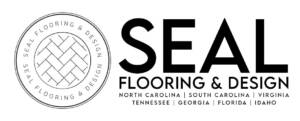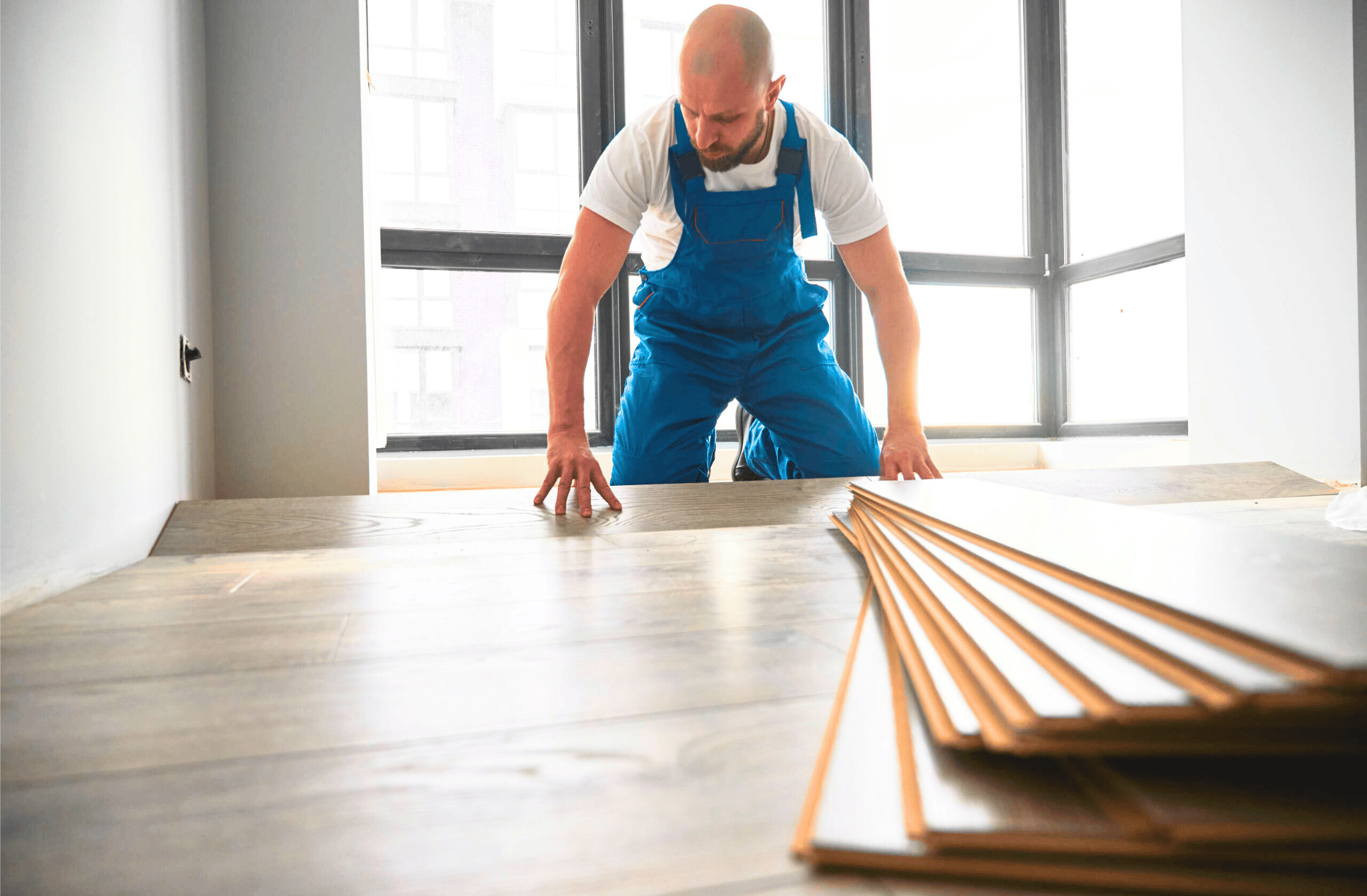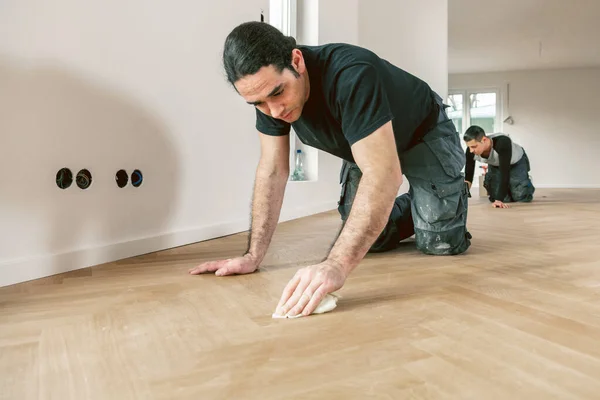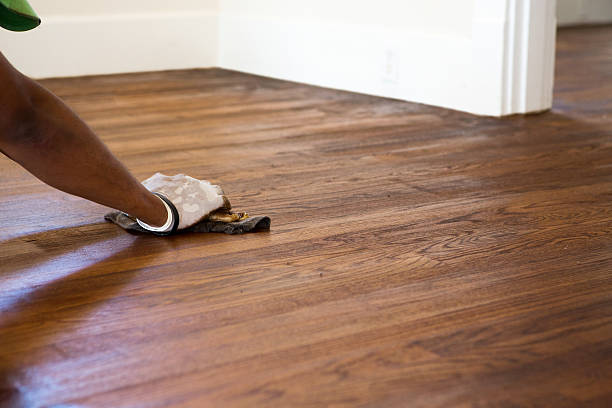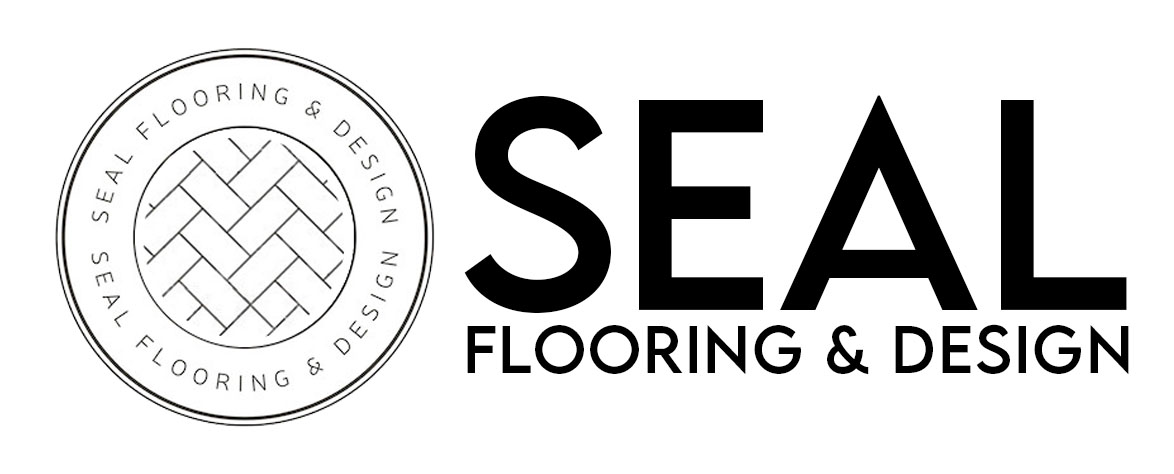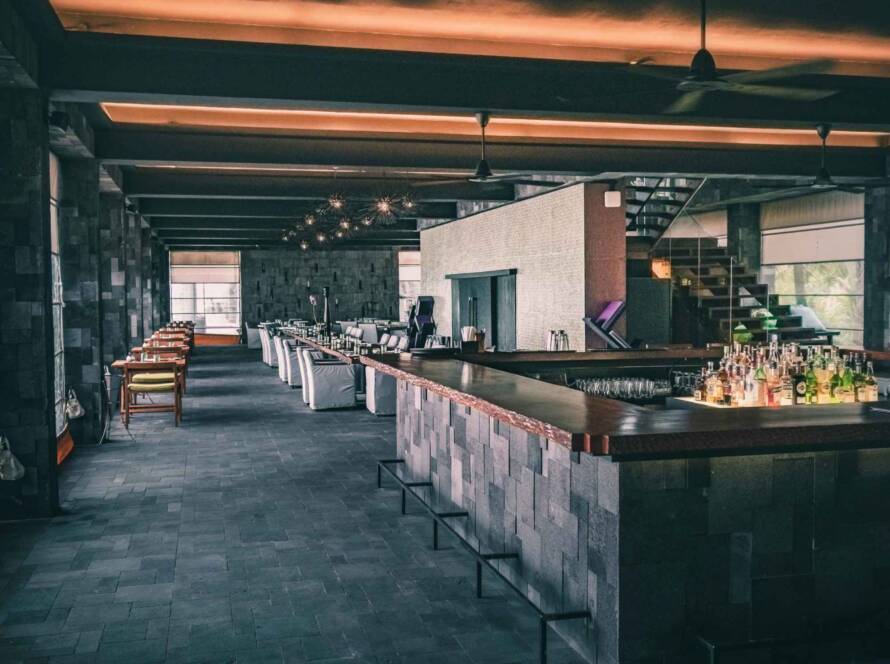Welcome to our comprehensive guide on prioritizing safety and comfort with slip-resistant commercial flooring. In the bustling business world, creating a secure environment for customers and employees is paramount. From vibrant retail spaces to corporate offices, slip-resistant flooring solutions play a crucial role. Join us as we explore the key aspects of slip-resistant commercial flooring, offering practical insights and advice tailored to businesses everywhere.
Importance of Safety in Commercial Environments
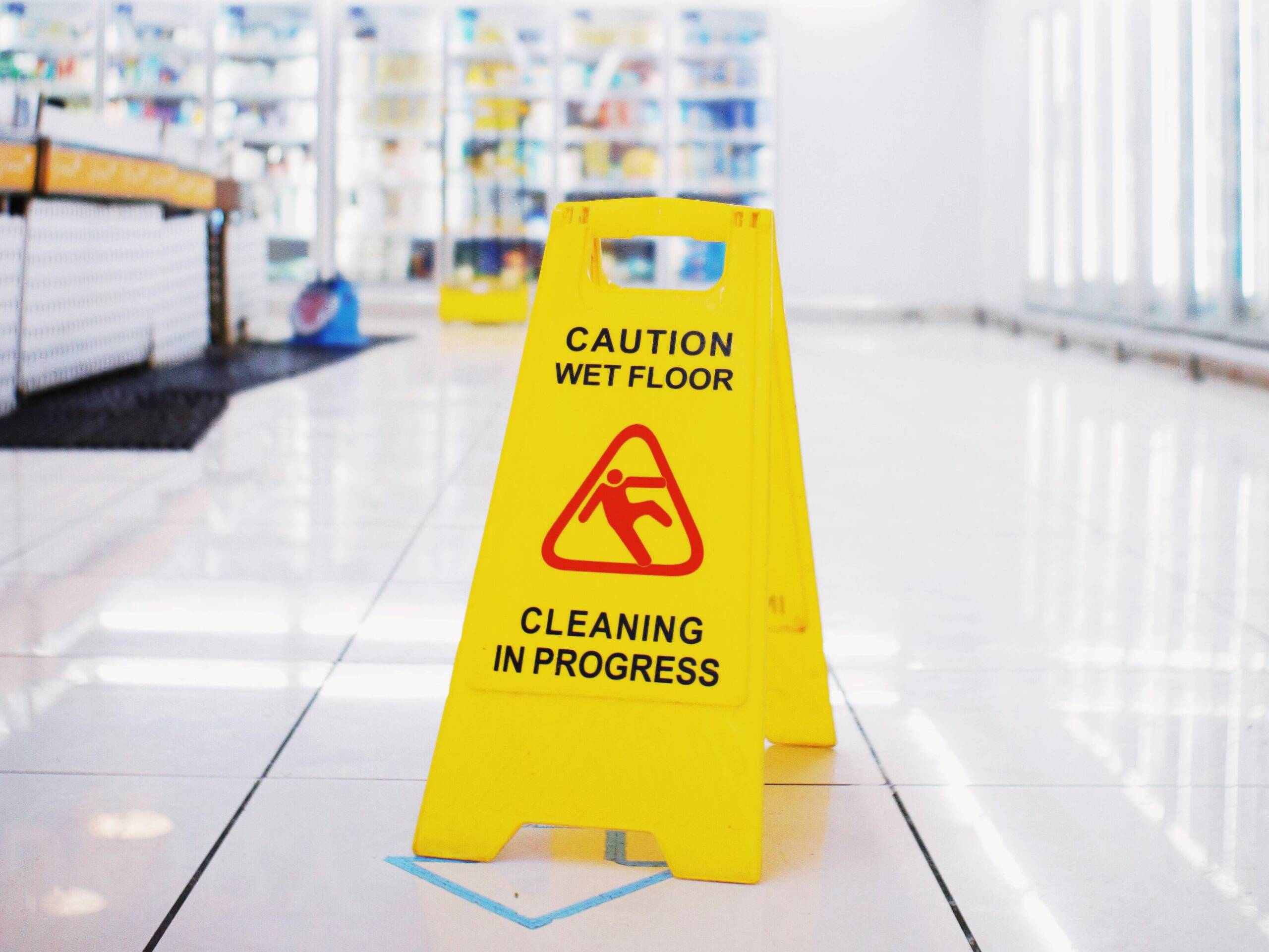
Safety always comes first in any commercial setting. Slippery floors pose a significant risk, leading to accidents, injuries, and potential legal issues. Think about your recent experiences entering a business establishment. Did you feel confident walking on the flooring, especially if it was wet? Prioritizing safety measures such as slip-resistant flooring not only protects patrons and staff but also enhances the reputation and trustworthiness of the business. A safe environment fosters trust and loyalty, creating positive experiences for all visitors.
Understanding Slip Resistance and Its Significance
Slip resistance is crucial for preventing accidents in commercial spaces. It refers to a flooring surface’s ability to provide traction and grip underfoot, even in slippery conditions. Slip-resistant flooring materials are designed to minimize the risk of slips and falls, thereby reducing potential injuries and liabilities. Imagine confidently walking on a floor that feels secure and stable, regardless of weather conditions. That’s the assurance slip-resistant flooring provides, ensuring the safety of everyone within the business premises.
Types of Slip-Resistant Flooring Materials
A variety of slip-resistant flooring materials are available, each with unique advantages. Rubber flooring, vinyl planks, and slip-resistant tiles are popular choices for commercial spaces due to their durability, low maintenance requirements, and ability to provide traction and safety. Picture the peace of mind knowing your business invests in flooring that not only looks appealing but also prioritizes safety for everyone’s benefit.
Factors to Consider When Choosing Slip-Resistant Flooring
Selecting the right slip-resistant flooring involves considering several factors. These include foot traffic levels, the presence of moisture or spills, and aesthetic preferences. Additionally, durability, maintenance requirements, and cost should be carefully evaluated. By understanding these factors, businesses can make informed decisions to ensure the safety and well-being of everyone within their premises. Consider your business environment’s unique needs and challenges to choose flooring that prioritizes safety without compromising on functionality or aesthetics.
Installation Techniques for Slip-Resistant Commercial Flooring
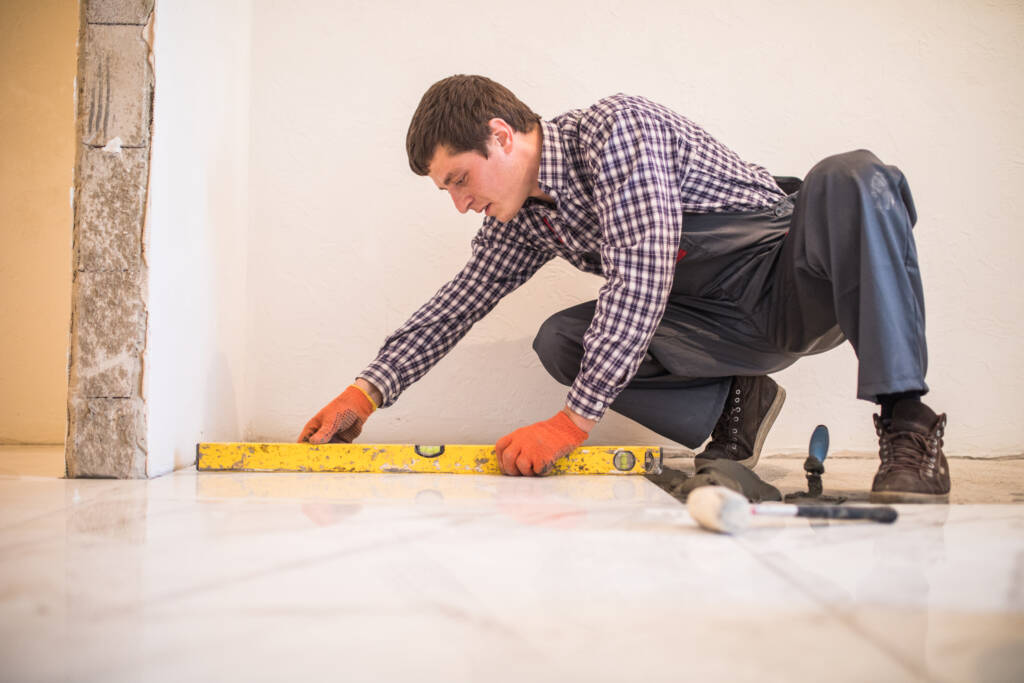
Proper installation is essential for the effectiveness of slip-resistant flooring. Experienced professionals should handle installation, ensuring meticulous surface preparation and precise adhesive application. Imagine skilled technicians carefully installing slip-resistant flooring, ensuring every corner and edge is secure and stable. This meticulous approach guarantees the long-term safety and functionality of the flooring, providing peace of mind to business owners and visitors alike.
Maintenance Practices for Long-Term Safety and Functionality
Regular maintenance is key to preserving the effectiveness of slip-resistant flooring. Routine cleaning and inspections remove dirt, debris, and spills that could compromise traction. Periodic maintenance such as resealing or refinishing may also be necessary to extend the flooring’s lifespan and ensure continued safety and functionality. Envision a dedicated cleaning crew meticulously caring for slip-resistant flooring, ensuring it remains in top condition to provide a safe environment for everyone within the business premises.
Compliance with Safety Regulations and Standards
Adhering to safety regulations and standards is not only a legal obligation but also a moral responsibility for businesses. Investing in slip-resistant flooring solutions that meet or exceed industry guidelines demonstrates a commitment to safety. This proactive approach minimizes the risk of accidents and liabilities, creating a safe and secure environment for everyone. Consider the peace of mind knowing your business exceeds safety standards, instilling trust and confidence in customers and employees alike.
Cost-Benefit Analysis of Investing in Slip-Resistant Flooring
While the initial cost of slip-resistant flooring may seem daunting, the long-term benefits far outweigh the investment. By preventing accidents and minimizing liabilities, businesses save money and protect their bottom line. Additionally, slip-resistant flooring enhances customer satisfaction and loyalty, driving repeat business and long-term success. Imagine the potential cost savings and revenue gains from investing in slip-resistant flooring, prioritizing safety while reaping financial rewards in the process.
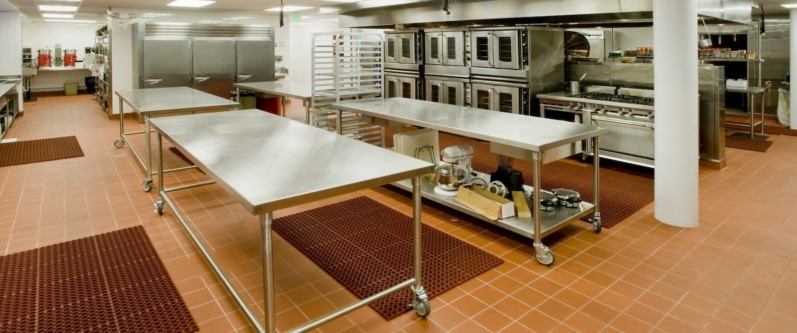
Impact of Slip-Resistant Flooring on Accident Prevention
Slip-resistant flooring significantly reduces the risk of slips and falls, playing a crucial role in accident prevention. Consider the impact of a single slip or fall accident on your business – potential injuries, liabilities, and reputational damage. Slip-resistant flooring provides a proactive solution to mitigate these risks, creating a safe environment for everyone. It’s a small investment that yields significant returns in accident prevention and overall business success.
Customer Satisfaction and Experience with Slip-Resistant Commercial Flooring
Customer satisfaction is paramount for any business, and slip-resistant commercial flooring contributes to a positive experience. Imagine the confidence and comfort your customers feel when walking on safe and secure flooring. Slip-resistant flooring enhances the overall atmosphere, fostering loyalty and repeat business. It’s a simple yet effective way to prioritize customer well-being and satisfaction, driving long-term success for your business.
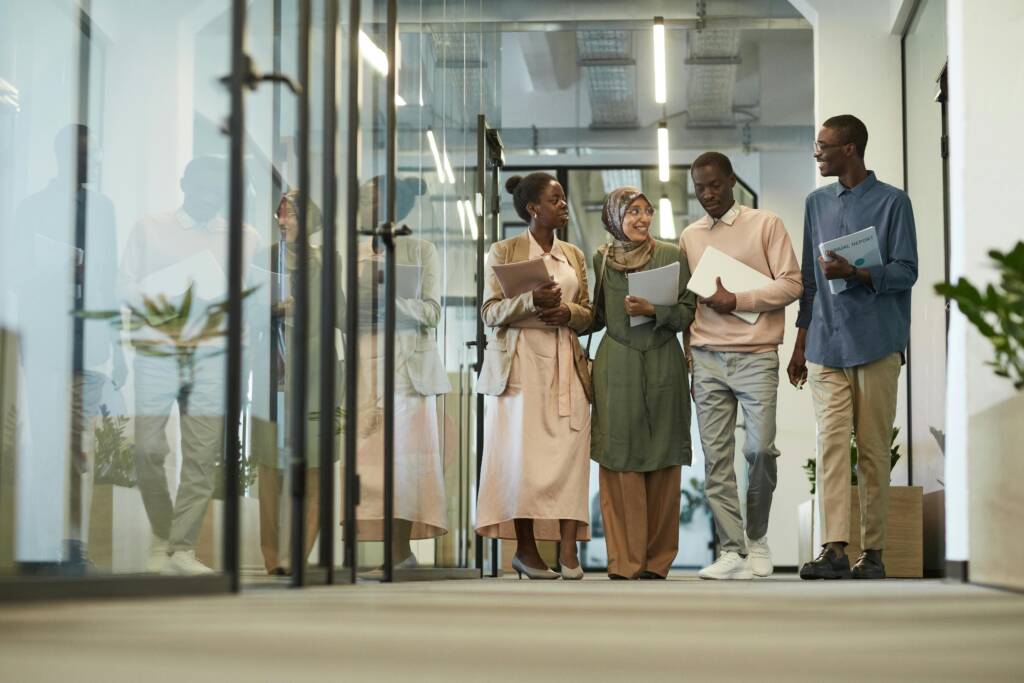
In conclusion, prioritizing safety and comfort with slip-resistant commercial flooring is crucial for businesses everywhere. By understanding the importance of slip resistance, exploring different flooring options, and implementing proper installation and maintenance practices, businesses create a safe environment for everyone. Investing in slip-resistant flooring not only protects customers and employees but also enhances overall satisfaction and drives long-term success. With the right approach and attention to detail, slip-resistant flooring solutions make a significant difference in business safety and functionality.
